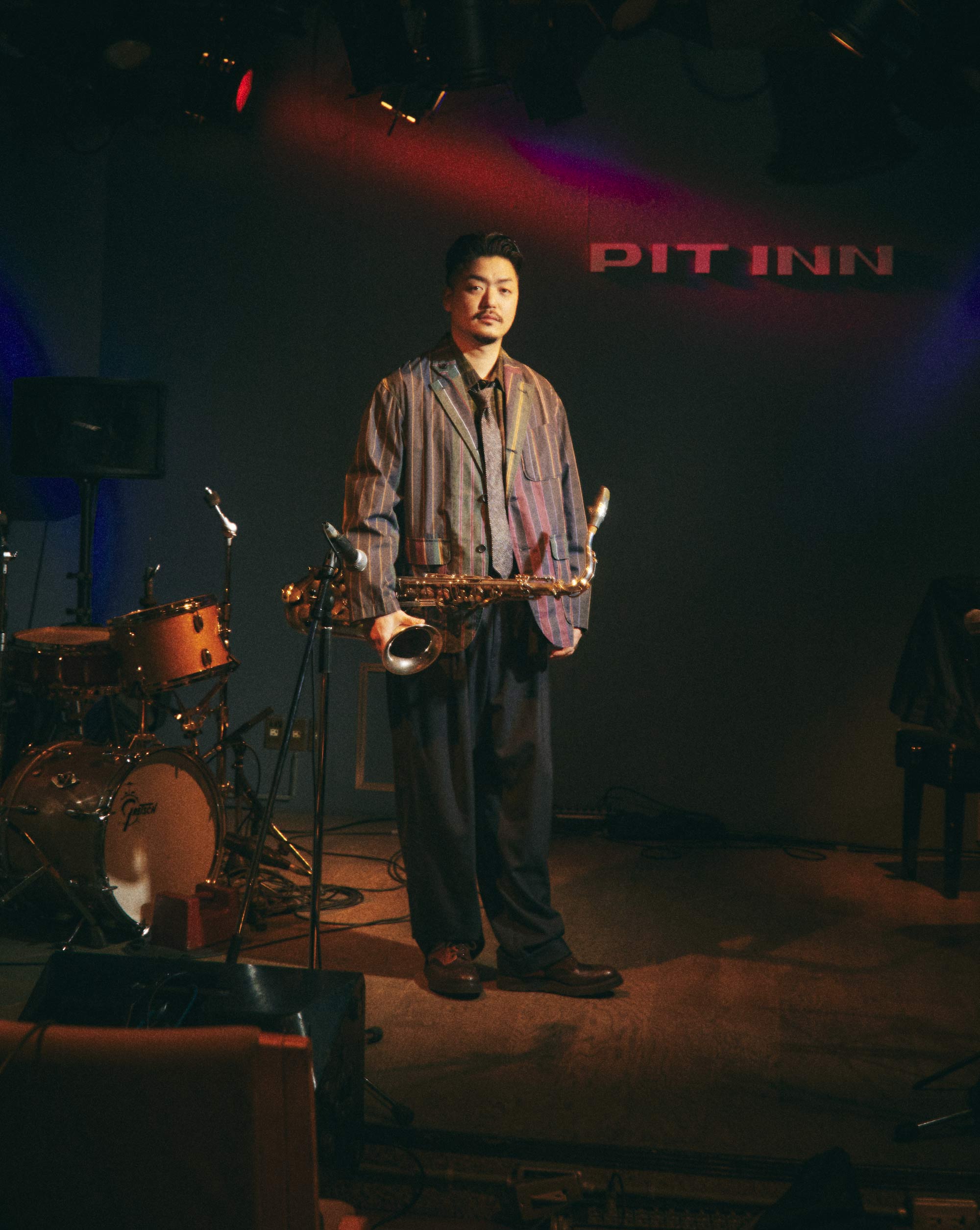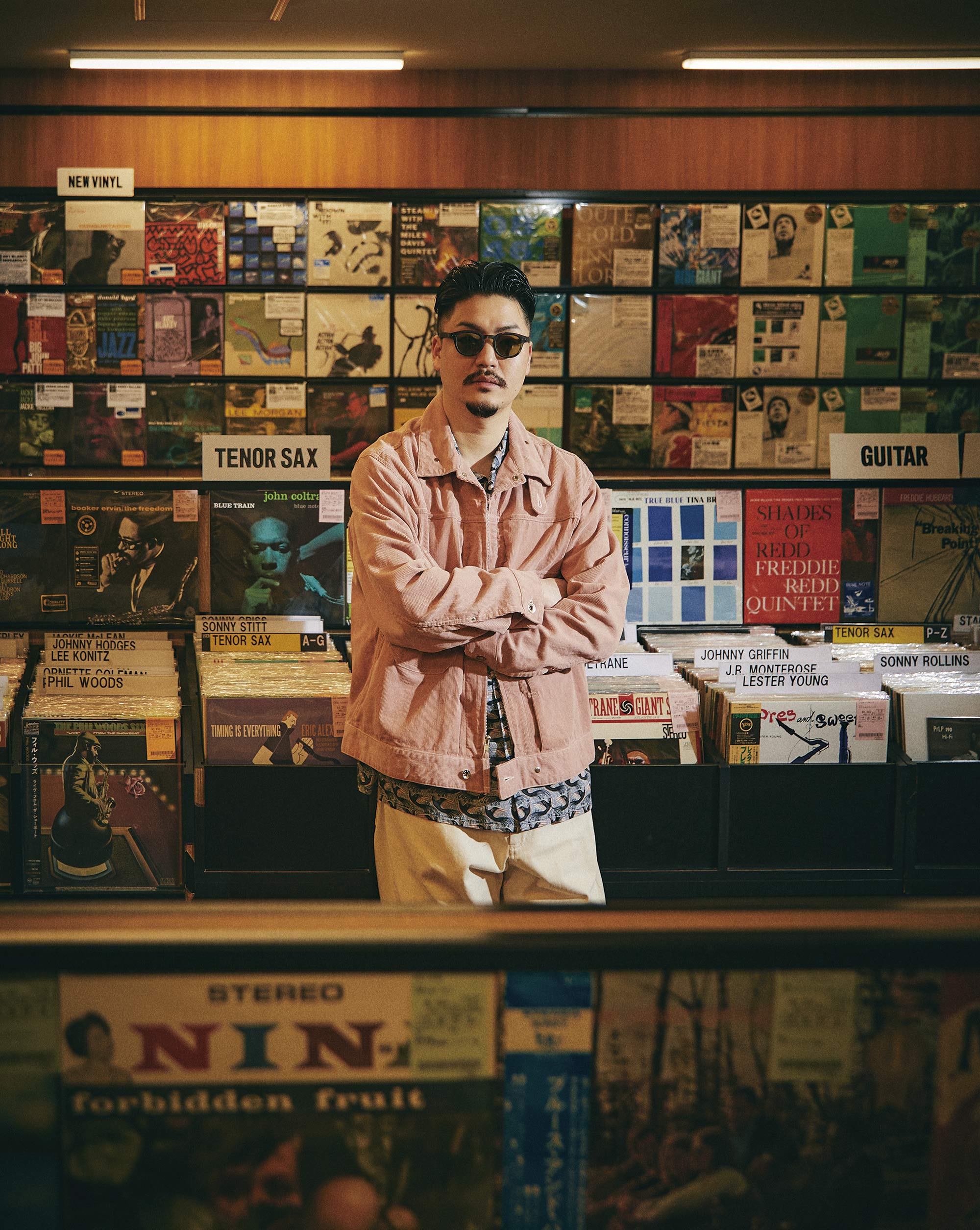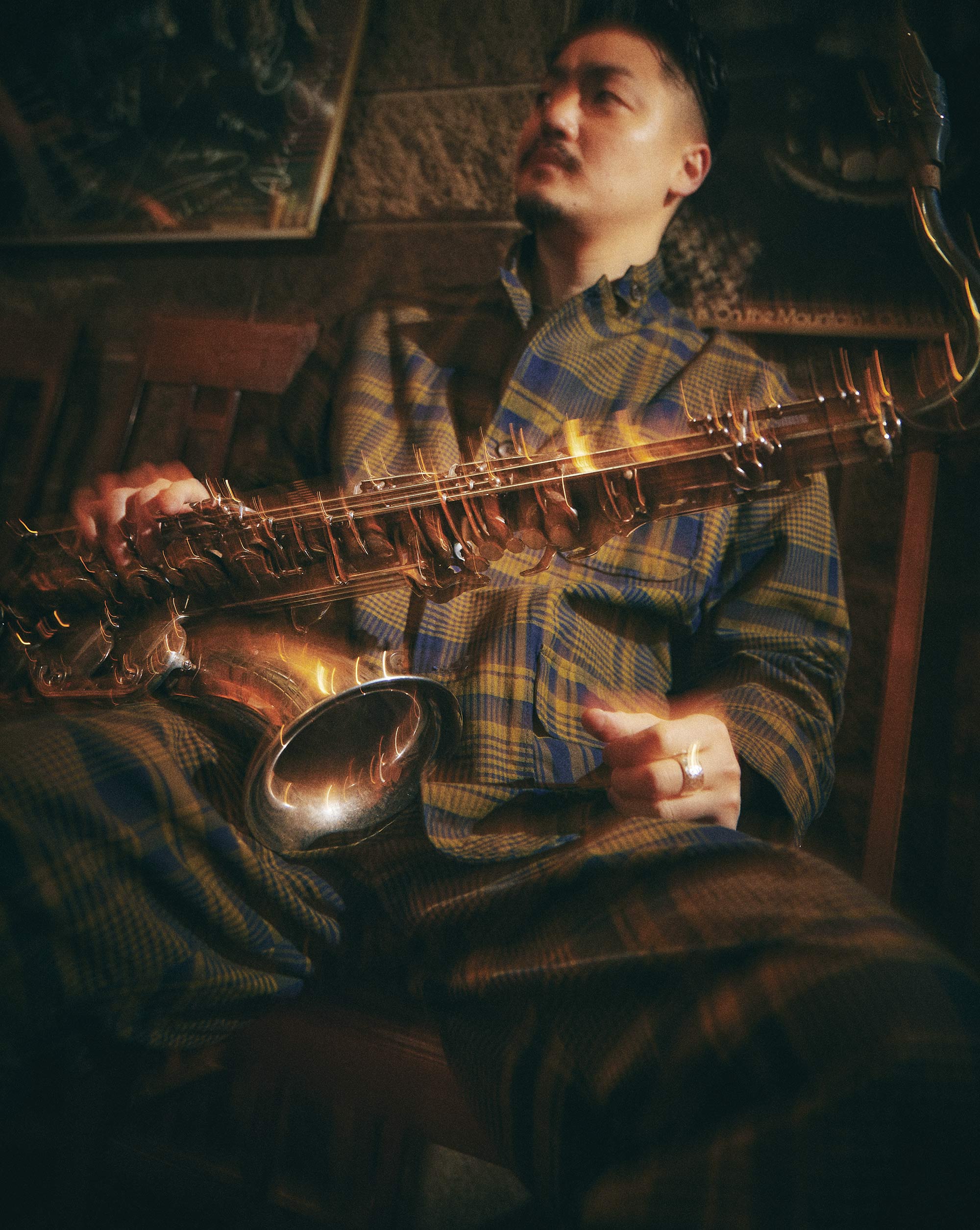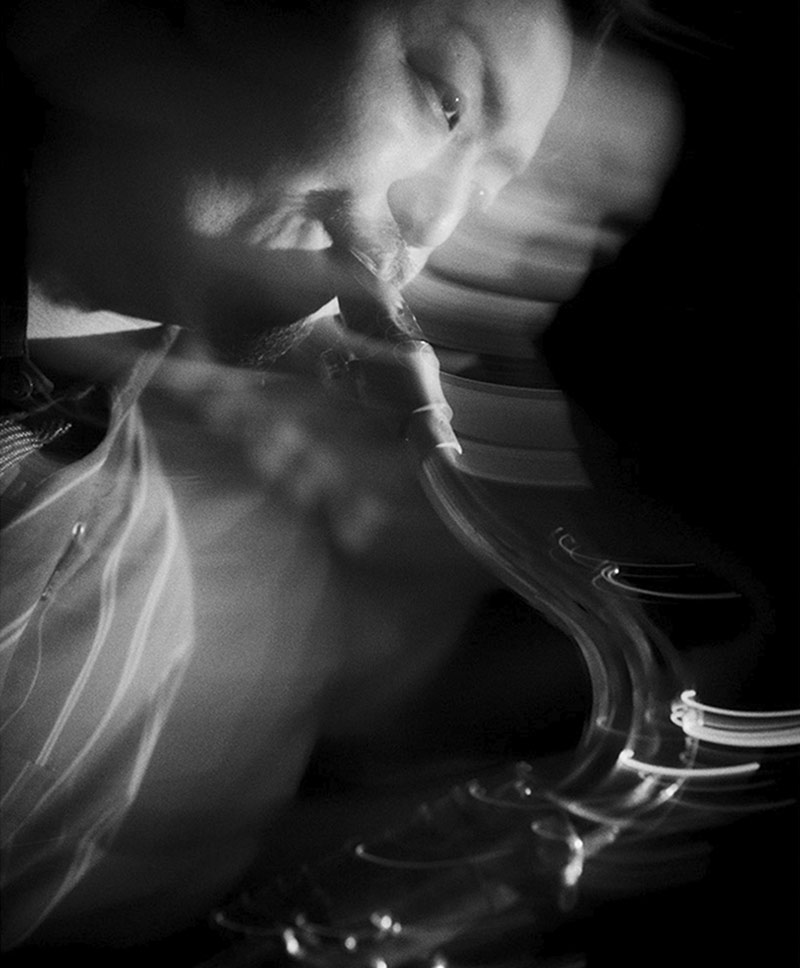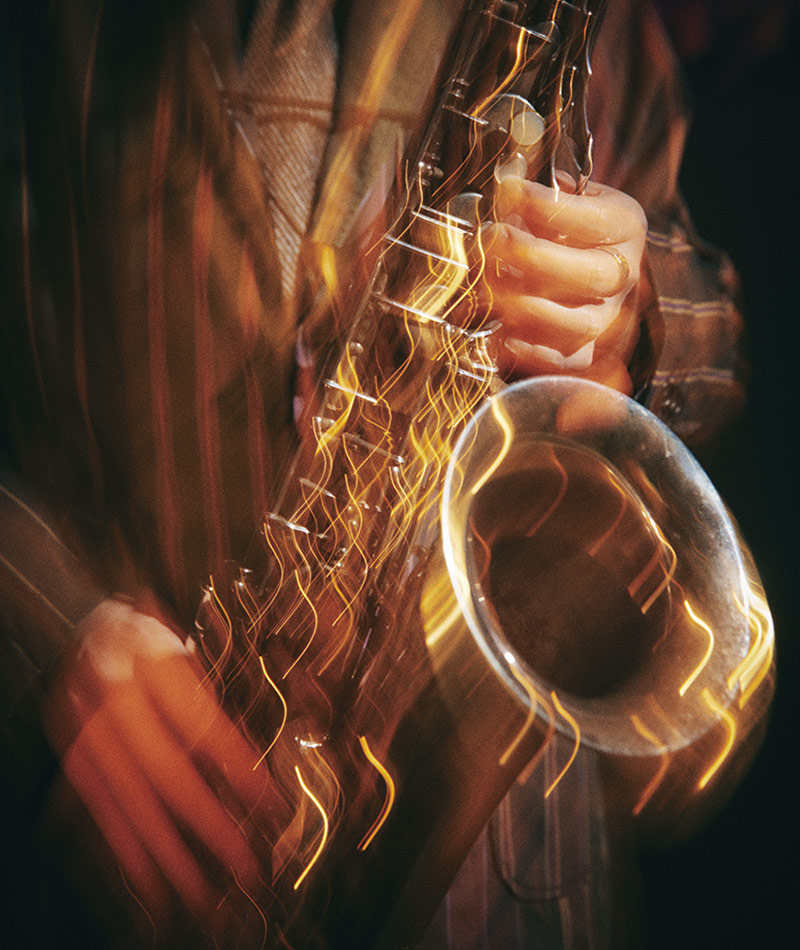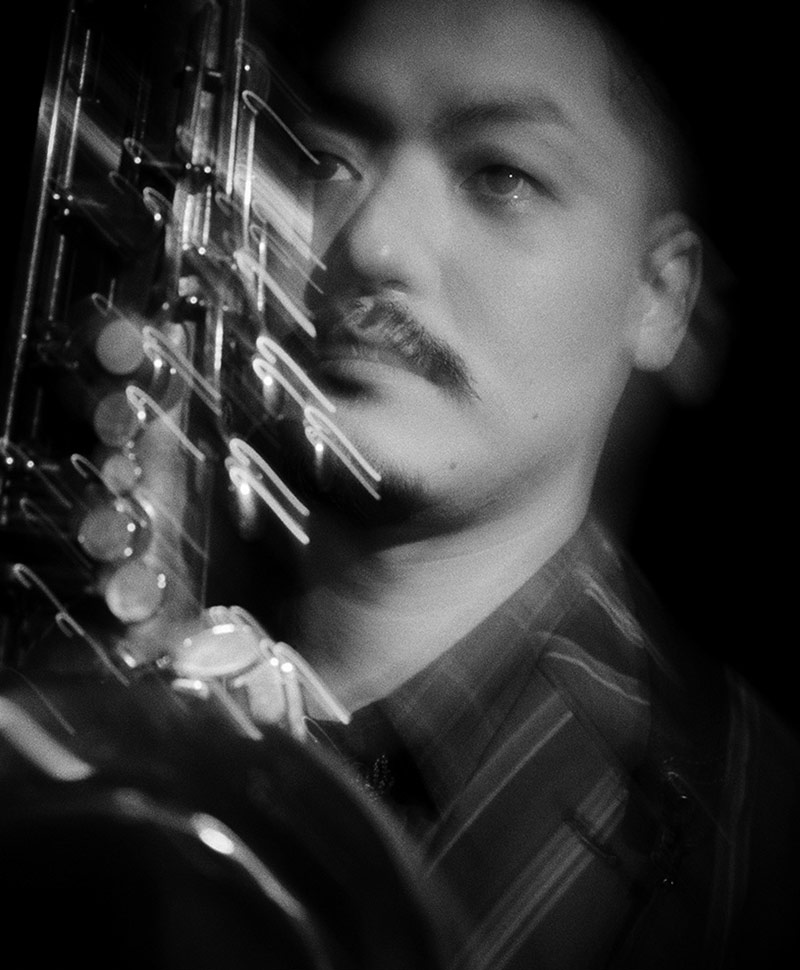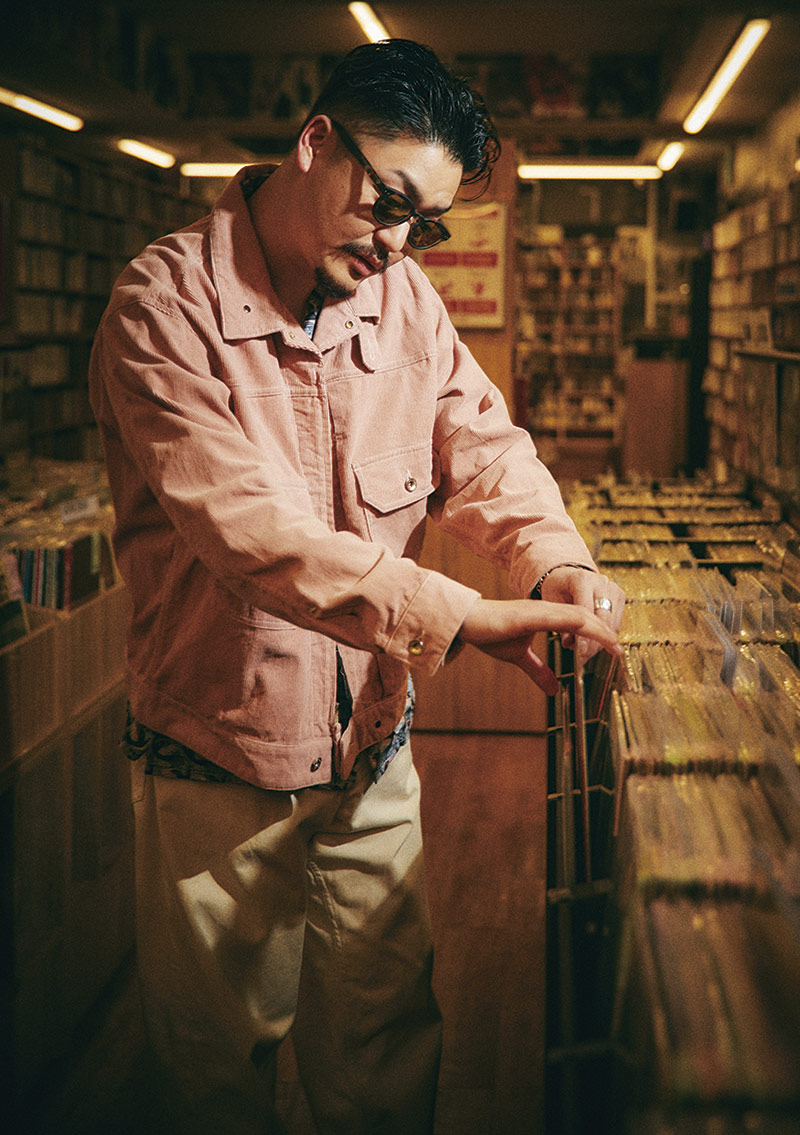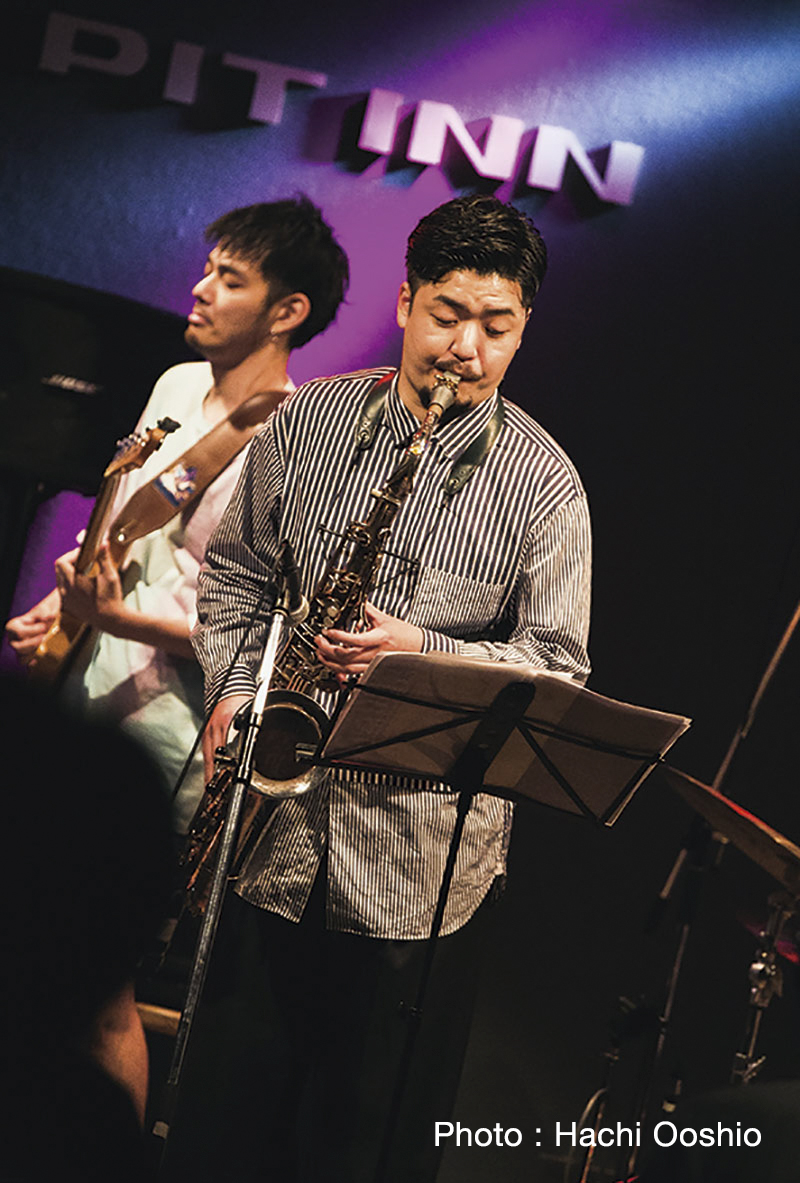新宿ピットイン / Shinjuku Pit Inn
東京都新宿区新宿2-12-4 アコード新宿ビルB1F
B1F Accord Shinjuku Bldg., 2-12-4 Shinjuku, Shinjuku-ku, Tokyo
1965年12月24日、 新宿紀伊国屋裏にオープン。 当初はBGMにジャズを流すだけの喫茶店だったが、 やがて生演奏が楽しめるジャズクラブに姿を変える。 1992年、 現在の場所に移転。 以降、 昼と夜の二部制をとっており、 日本ジャズ界が誇るリビング・レジェンドから若き俊英まで幅広い世代のミュージシャンが日夜熱演を繰り広げている。
In December 24th, 1965, Pit Inn opened behind Shinjuku Kinokuniya. It was a just café with jazz music in the background at the beginning, but later changed to a jazz club with live performances. Since the relocation to the current address in 1992, their opening hours have been divided into two, daytime and nighttime. From Japan’s legendary jazz players to up-and-coming young performers, musicians from a wide range of generations deliver energetic performances every day at the venue.

